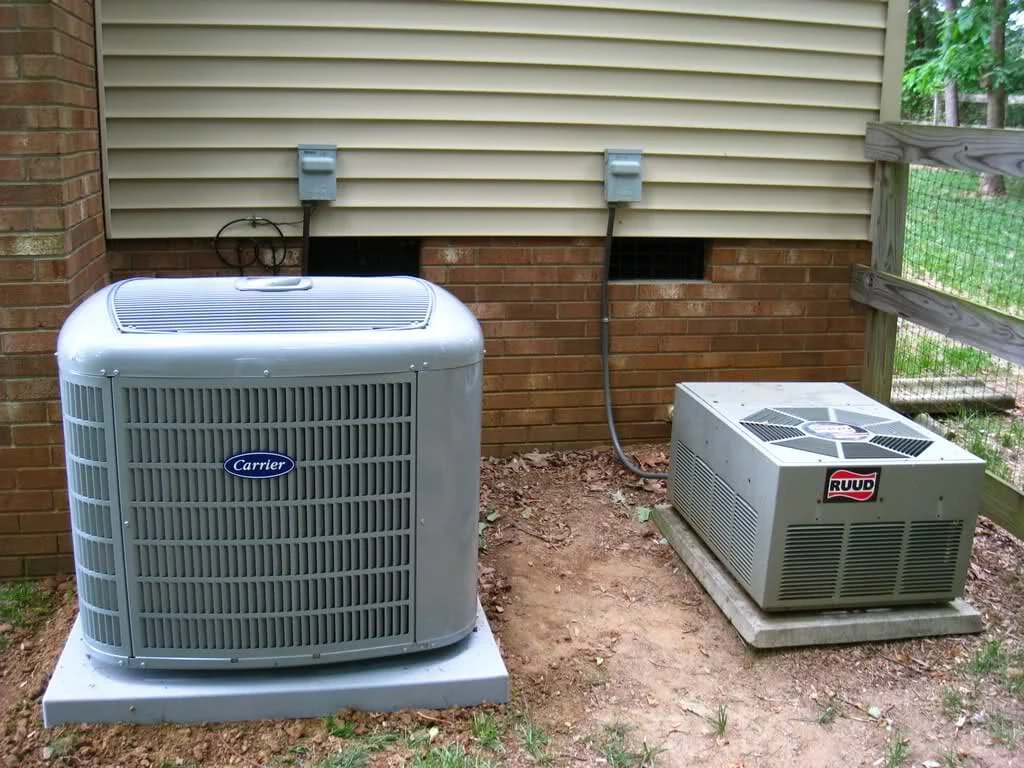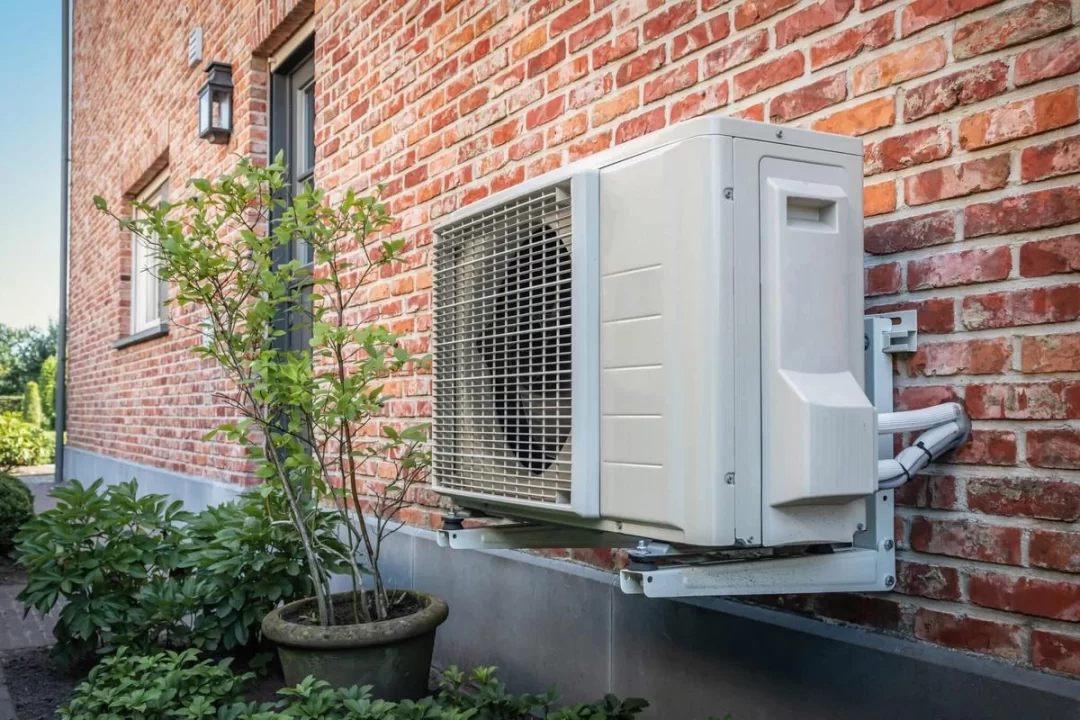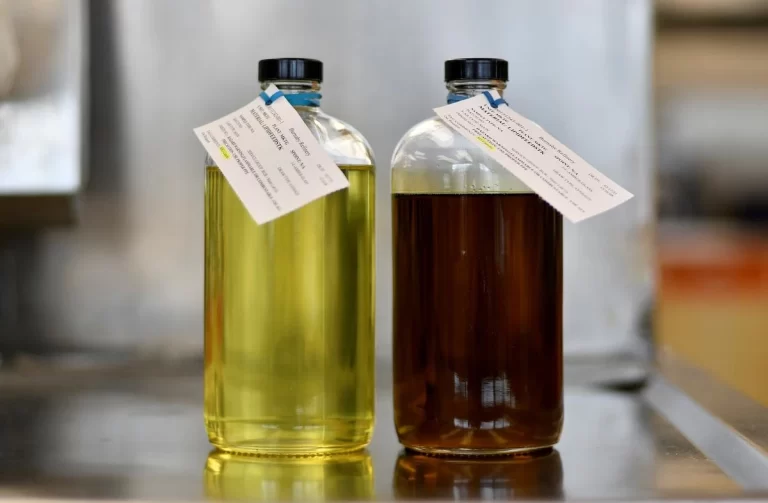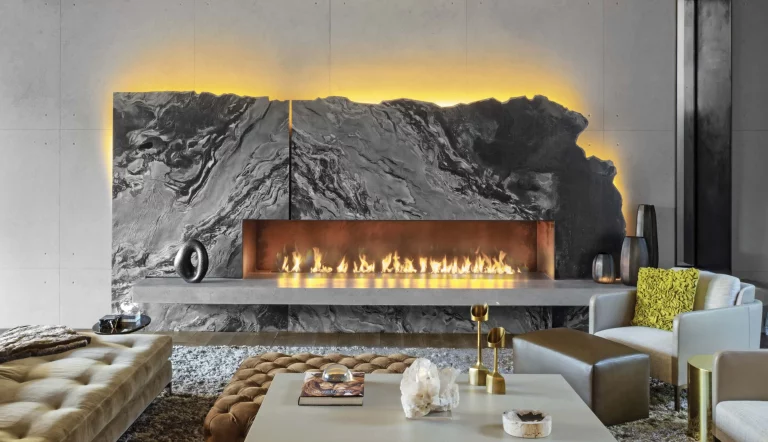Will a Heat Pump Work in My House?
Will a heat pump work in my house? In this comprehensive guide, we’ll provide all the information you need to know about heat pumps and whether they are suitable for your home.

How Does a Heat Pump Work?
To understand the working principle of a heat pump, imagine a refrigerator, but with the ability to work in reverse.
Like a refrigerator extracts heat from its interior and expels it outside to keep the contents cool, a heat pump takes heat from the outside and moves it indoors to heat your house.
This process is possible due to a refrigerant, a special fluid that cycles through the heat pump system. When the refrigerant absorbs heat from the outdoor air, it turns into a gas, which is then compressed to raise its temperature.
The hot gas then travels through coils in your indoor unit, releasing heat and turning it back into a liquid. The cycle continues, allowing the heat pump to maintain a comfortable indoor temperature regardless of the weather outside.
Will a Heat Pump Work in My House?
While heat pumps offer numerous benefits, their suitability for your house depends on several factors. Let’s explore some key considerations to determine if a heat pump is the right choice for you.
1. Climate
Heat pumps perform optimally in moderate climates. They are most efficient when there is a temperature difference between the indoor and outdoor air.
In regions with extremely low winter temperatures, a heat pump might struggle to extract enough heat from the outside air.
However, advancements in technology have led to the development of hybrid heat pumps and models specifically designed for colder climates.
2. Insulation and Home Efficiency
The effectiveness of a heat pump relies on the insulation and overall efficiency of your home.
Well-insulated houses with minimal air leaks ensure that the heat pump doesn’t have to work harder to maintain the desired indoor temperature.
Before considering a heat pump, assess your home’s insulation and address any potential areas of improvement.
3. Available Space
Heat pumps consist of both indoor and outdoor units. Consider whether you have adequate space for the installation of these units, as well as the necessary clearance around the outdoor unit for proper airflow.
4. Existing Heating and Cooling System
If you already have a functioning heating and cooling system, you should evaluate its age and condition.
Upgrading to a heat pump might be more beneficial if your current system is outdated, inefficient, or requires frequent repairs.
Advantages of Heat Pumps

Here are the major advantages of heat pumps:
1. Energy Efficiency
One of the primary advantages of heat pumps is their exceptional energy efficiency.
Unlike traditional heating systems that generate heat, a heat pump only requires electricity to move heat around, resulting in significantly lower energy consumption.
In fact, heat pumps can produce up to three times more heat energy than the electrical energy they consume, making them an eco-friendly and cost-effective choice.
2. Versatility
Heat pumps offer the convenience of both heating and cooling in a single system. Instead of investing in separate HVAC units, a heat pump can efficiently manage your indoor climate throughout the year.
This versatility not only saves space but also simplifies maintenance and reduces overall costs.
3. Environmentally Friendly
With growing environmental concerns, homeowners are actively seeking eco-friendly heating and cooling solutions.
Heat pumps fit the bill perfectly, as they do not rely on fossil fuels or combustion processes, reducing greenhouse gas emissions.
By choosing a heat pump, you contribute to a greener planet without compromising on comfort.
4. Lower Operating Costs
Due to their energy efficiency and reliance on electricity rather than fuel, heat pumps can significantly reduce your monthly utility bills.
While the initial installation cost might be higher than traditional systems, the long-term savings on energy expenses make them a wise investment.
5. Safety and Convenience
Unlike combustion-based heating systems, heat pumps do not involve burning fuel, eliminating the risk of carbon monoxide leaks or other hazardous emissions.
Additionally, heat pumps operate quietly and require minimal maintenance, ensuring a safe and hassle-free experience for homeowners.
Conclusion
In conclusion, heat pumps are a reliable and energy-efficient option for maintaining a comfortable indoor environment throughout the year.
Their ability to provide both heating and cooling makes them a versatile choice for homeowners looking to optimize their HVAC systems.
However, the suitability of a heat pump for your house depends on various factors, including climate, insulation, available space, and existing systems.
READ ALSO!!!



